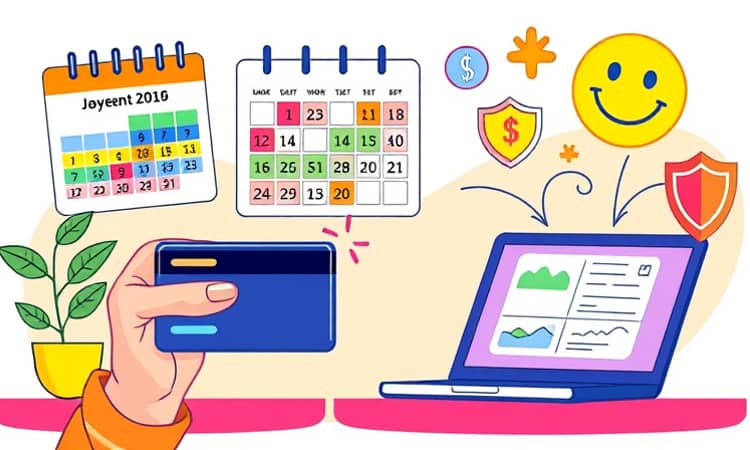Credit cards offer us great convenience and flexibility when it comes to making purchases, but they can also lead to unexpected expenses in the form of late fees. These fees can accrue quickly, significantly increasing the overall cost of using your credit card. In this post, we will explore various strategies you can implement to avoid late fees altogether, helping you maintain control over your finances.
Understanding the nuances of your credit card payment schedule is crucial. By taking proactive measures, not only can you avoid those pesky fees, but you can also enhance your credit score and enjoy a more positive experience with your credit provider. So, let's delve into effective ways to stay on top of your credit card payments.
Understanding Late Fees
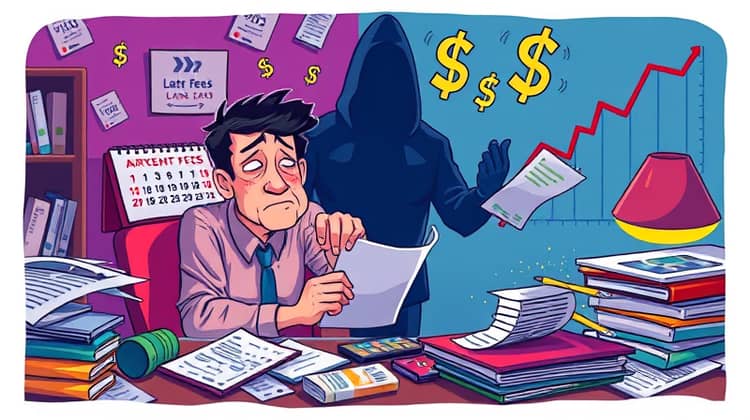
Late fees are charges that credit card issuers apply when you fail to make your minimum payment by the due date. These fees can vary widely between credit card companies and can also lead to higher interest rates if missed payments become a habit. It's important to understand how these fees work to avoid falling into a cycle of debt.
Not only do late fees hit your wallet, but they can also negatively impact your credit score. A missed payment can remain on your credit report for up to seven years, making it essential to stay organized and prompt with your payments.
1. Set Up Automatic Payments

One of the simplest ways to ensure you never miss a payment is to set up automatic payments through your bank or credit card issuer. This feature allows you to automatically deduct the monthly payment from your bank account on or before the due date, eliminating the possibility of forgetting to pay.
Be sure to choose a payment amount that is manageable and cover at least the minimum due to avoid late fees. Also, ensure that your bank account has sufficient funds to avoid overdrafts. With automatic payments, you'll enjoy peace of mind knowing your bills are taken care of.
- Log into your online banking account.
- Navigate to the payments or transfers section.
- Select your credit card and enter your payment details.
- Choose to set up automatic payments for the minimum amount or more.
2. Change Your Due Date
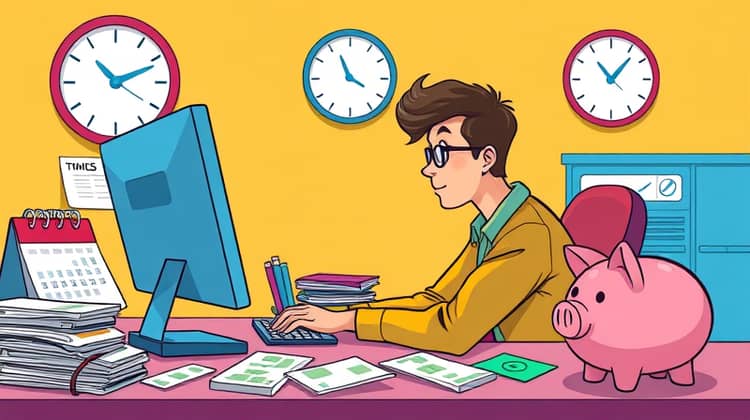
Most credit card issuers allow you to change your payment due date. By adjusting it to a date that’s more convenient for you, like shortly after you receive your paycheck, you can make it easier to remember to pay on time.
To change your due date, contact your credit card issuer directly. They may require you to complete a form or submit a request online. This minor adjustment can go a long way in ensuring timely payments.
3. Use Reminders
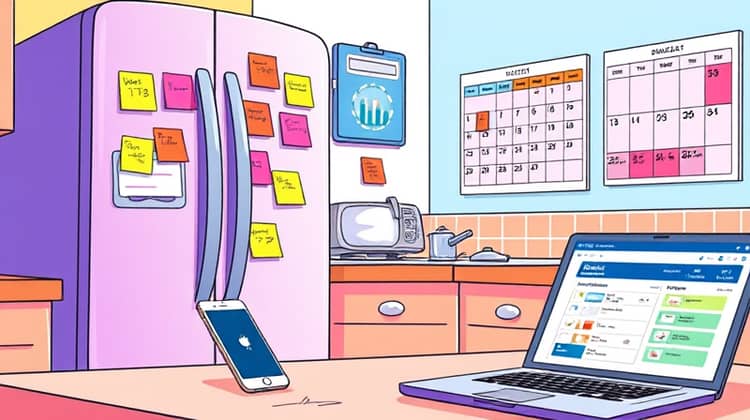
If automatic payments aren't an option for you, consider setting up reminders to alert you when your payment is due. This could be a simple alarm on your phone, a calendar reminder, or even a note on your fridge to jog your memory.
Utilizing reminders helps you stay organized and responsible, especially if you have multiple credit cards or bills to pay.
- Set a reminder on your phone to alert you a few days before the due date.
- Create calendar events on your computer or mobile device to notify you of upcoming payments.
- Consider using apps designed for budgeting that can help track your bills and due dates.
By implementing reminders, you are giving yourself the best chance to avoid late fees and improve your budgeting skills.
4. Pay More Than Once a Month
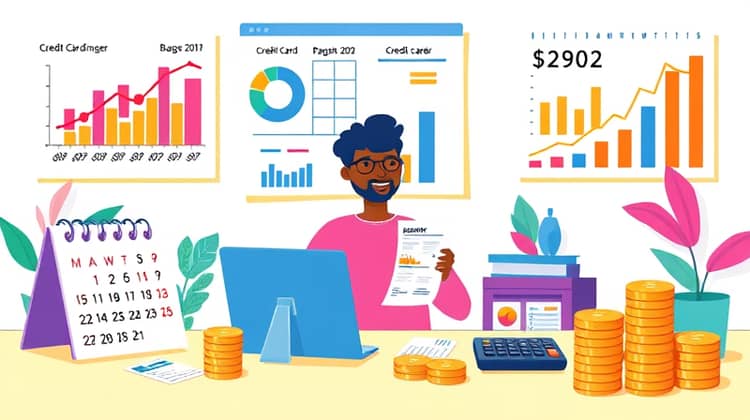
If possible, make payments to your credit card more frequently than once a month. This reduces the overall balance more quickly and can help save on interest charges over time. Additionally, if you make smaller payments throughout the month, you're less likely to forget when the due date approaches.
Paying more than once a month can help you stay on top of your finances and create a buffer in case of unexpected expenses.
5. Keep a Reserve Fund

Maintaining a small reserve fund can provide you with a safety net for credit card payments. By setting aside a certain amount of money specifically for this purpose, you can ensure that your payments are covered even if your budget becomes tight due to other expenses.
Whether it's an emergency fund or simply a dedicated savings account for your credit card bills, having this financial cushion can alleviate stress and prevent late fees.
6. Communicate with Your Credit Card Issuer

If you're having trouble making payments, don't hesitate to reach out to your credit card issuer. Most companies are willing to work with you, especially if you have a good payment history. They may offer options like deferred payments, lower minimum payments, or even adjusting your due date to better fit your situation.
By being proactive in communicating your financial challenges, you can potentially avoid late fees or penalties.
- Contact your issuer for help if facing financial difficulties.
- Inquire if there's a possibility to adjust your payment plan.
- Ask about late fee waivers for first-time offenders.
7. Understand Grace Periods
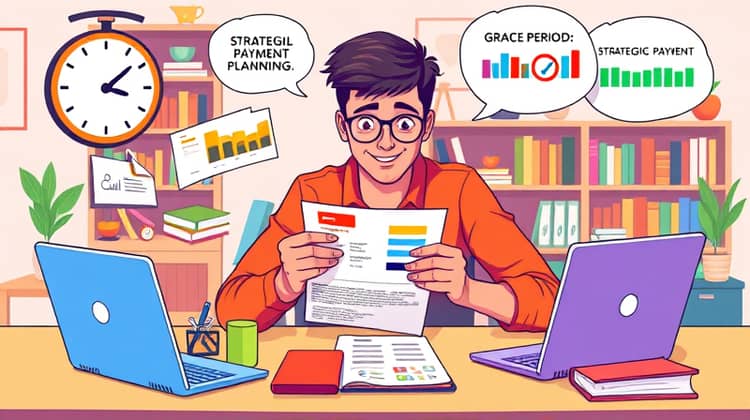
Credit cards often come with a grace period, which is the time frame in which you can pay your balance in full and avoid interest on new purchases. Understanding this concept can help you manage your payments strategically and help you avoid late fees, as timely payments during this period can enhance your credit relationship.
Review your credit card terms to familiarize yourself with the grace period and ensure that you pay attention to your billing statements for any changes regarding this aspect.
Conclusion

Avoiding late fees on your credit card requires a proactive approach and a bit of organization. By implementing these strategies, you can protect yourself from unnecessary expenses and take charge of your financial situation.
Stay informed and engaged with your card issuer, and always prioritize keeping track of your due dates and payment schedules. Taking these steps will help you enjoy the benefits of your credit card without the burden of late fees.

